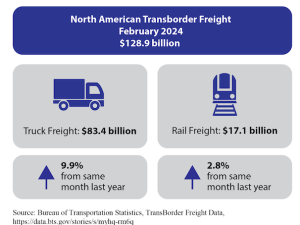Inadequate infrastructure is seen as both an investment opportunity and an obstacle to growth, and has been cited by Fitch Ratings as a key risk to the chances of Indonesia winning an investment grade rating next year.
The government submitted the bill to a slow-moving parliament late last year, and hopes it will help attract $100 billion of private investment for new airports, ports and roads, though the contentious question of compensation for land meant it had been expected to be delayed again into next year.
"I'm 99 percent sure that the bill will be passed in the plenary on December 16, we are working on the wording now," Taufiq Hidayat, a lawmaker on a parliamentary committee drafting the bill, told Reuters.
The bill will only apply to government projects , but also allows for privately-operated projects on government-bought land. The government is relying on the private sector for two-thirds of the G20 member's infrastructure needs. Japan, China and India have already promised over $70 billion.
"Passage of the bill will help provide for breakthroughs in at least some projects, especially the long-awaited Trans-Java Toll Road, as well as railway and airport projects," said political analyst Kevin O'Rourke, adding dysfunctional bureaucracy and a lack of planning would still be hurdles.
Indonesia has not built a new railway since gaining independence from the Dutch over 60 years ago, transport disasters are all too common, and its airports, ports and roads are becoming overloaded as strong economic growth boosts trade.
This adds to delivery costs across the archipelago, creating an inflation problem. Analysts see a failure to overhaul infrastructure as a risk that could constrain future growth.
The bill has been held up as lawmakers tried to overcome the problem of people often not having land ownership certificates, disputes over land costs and over compensation that meant projects often get delayed for years or end up being cancelled.
"With this law passed, we will see fewer halted toll road projects, and less conflict between people and the state over land," said Hidayat.
The bill effectively gives the government the right to expropriate land at a price, and sets a 30-day limit on the time allowed for compensation settlements, which will speed up the process, but could still lead to conflict. Local community protests over resource development and worker strikes have turned violent across the archipelago this year.
Daryatmo Mardiyanto, the chairman of the land bill committee, told Reuters earlier this year that current development practices are risky for small landowners.
Compensation could take the form of cash, profit sharing in the project, relocation or be based a specific agreement between the government and landowners. Mardiyanto said simply offering money for land was his least preferred option for compensation.
"There are concerns that when the government takes land for development, then people will lose their rights over the land, and this law will help to solve that," said Mardiyanto. (Reuters)







